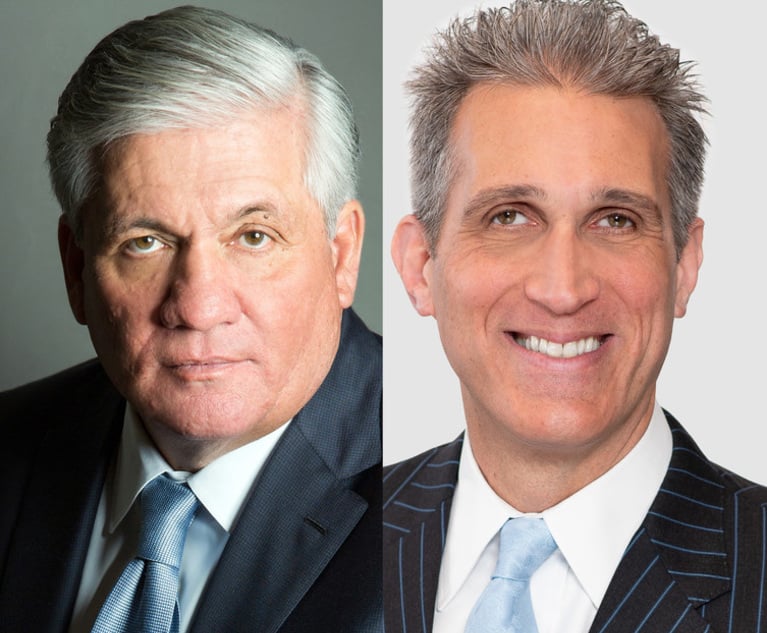On June 1, the U.S. Supreme Court released its ruling regarding the necessary intent under the False Claims Act (FCA). In consolidated cases Schutte v. SuperValu and Proctor v. Safeway, Justice Clarence Thomas, writing for a unanimous court, explained that the scienter requirement under the FCA is satisfied by a defendant’s subjective beliefs about the accuracy of their claims—not the objective standard of what a reasonable person may have believed.
While this decision is regarded as a win for whistleblowers, the court addressed only one question, creating some ambiguity about FCA lawsuits going forward. Here, the court only defined “knowledge” under the FCA. This holding leaves relators uncertain about what facts, and how many, are necessary to establish that a defendant “knew” its claims were false.
Factual and Legal Background
This content has been archived. It is available through our partners, LexisNexis® and Bloomberg Law.
To view this content, please continue to their sites.
Not a Lexis Subscriber?
Subscribe Now
Not a Bloomberg Law Subscriber?
Subscribe Now
LexisNexis® and Bloomberg Law are third party online distributors of the broad collection of current and archived versions of ALM's legal news publications. LexisNexis® and Bloomberg Law customers are able to access and use ALM's content, including content from the National Law Journal, The American Lawyer, Legaltech News, The New York Law Journal, and Corporate Counsel, as well as other sources of legal information.
For questions call 1-877-256-2472 or contact us at [email protected]


 Vasilios J. Kalogredis, with Lamb McErlane. Courtesy photo.
Vasilios J. Kalogredis, with Lamb McErlane. Courtesy photo.




